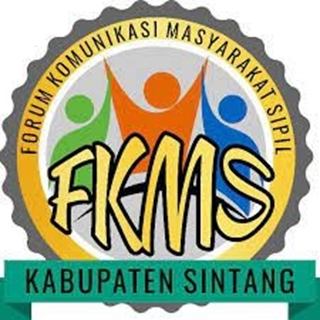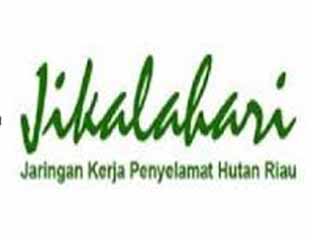Background
Jurisdictional approaches (JAs) are for encouraging sustainable production of palm oil and agriculture commodities. JAs are defined as initiatives on integrated landscape management based on policy-relevant boundaries and designed to advance high-level government involvement (Stickler et al. 2018). Such approaches are increasingly being adopted as they are seen as pathways for addressing challenges on the ground by promoting multistakeholder collaboration, creating incentives or value proportions, and connecting the dots between different types of initiatives across levels or sectors (Seymour et al. 2020). JAs are also perceived as promising alternative conservation strategies (von Essen and Lambin 2021) when programmes or projects have failed to address the complexities associated with land tenure – one of the drivers of deforestation (Seymour et al. 2020).
CIFOR-ICRAF and partners are currently conducting research entitled Scaling Jurisdictional Approaches in the Sustainable Palm Oil and Agriculture Sectors in Indonesia, supported by the Walmart Foundation. The aim of this research is to enhance the preparedness of four palm oil producing regions to implement jurisdictional programmes (JPs) through participatory, multistakeholder and gender inclusive approaches. One part of the research is Work Package 3, on bringing together the design of a national-scale or overall Theory of Change, Theory of Action and Monitoring and Evaluation Framework to enhance the resilience, scalability and effectiveness of JPs. Through this work package, we also expect to strengthen JPs’ connectability to international market demand, jurisdiction-based certification initiatives, and national and provincial policies.
As part of the above research, we are holding this National Workshop and Global Landscapes Forum Dialogue on Lessons from jurisdictional approaches for the development of sustainable palm oil action plans to disseminate findings from CIFOR-ICRAF Indonesia and partners’ JA projects. In addition, we will share preliminary findings on criteria and indicators for monitoring jurisdictional approaches based on existing standard-setting initiatives. We also aim to share progress in, and lessons learned from JA initiatives in Indonesia and beyond, particularly those relating to the palm oil and agriculture sectors.
Objectives
Objectives of the National Workshop and Global Landscapes Forum Dialogue are to:
- disseminate the results of CIFOR-ICRAF and partners’ research on jurisdictional approaches in the oil palm and agriculture sectors;
- disseminate and share experiences, progress and lessons learned from jurisdictional approach initiatives in Indonesia and beyond;
- identify and discuss issues, solutions and key actors in jurisdictional approach initiatives for the palm oil sector.



















